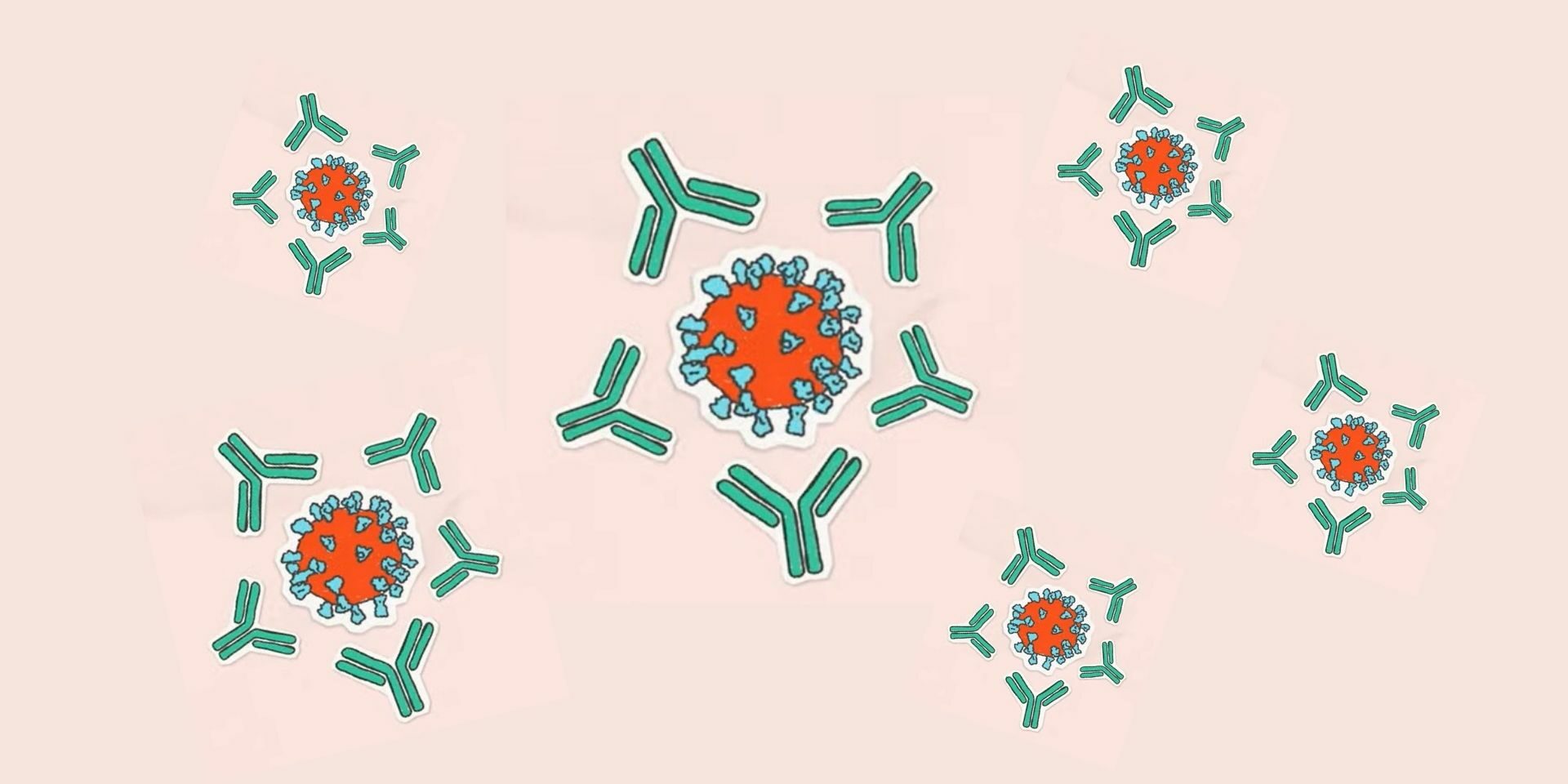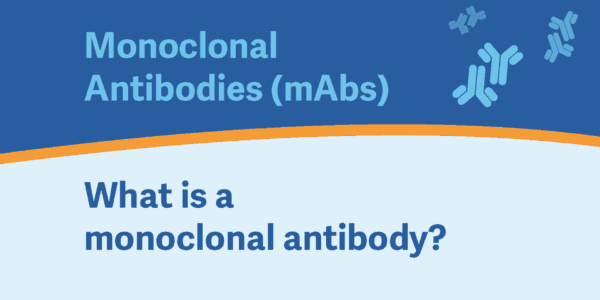
Vaccines have been a key tool in preventing infectious diseases for many years, but as diseases continue to emerge, reemerge, and evolve, the development and use of advanced interventions are critical for protecting public health. One promising breakthrough in disease prevention and treatment has been the application of monoclonal antibodies (mAbs).
mAbs are molecules produced in a lab to mimic the antibodies produced naturally by the immune system. When used against infectious diseases, mAbs are developed to target specific parts of viruses or bacteria, preventing them from entering cells or interfering with their ability to cause harm or infection.
mAbs Are Quickly Becoming a Powerful Tool
 First approved by the US Food and Drug Administration (FDA) in 1986, mAbs have been used to treat many diseases, including certain cancers and conditions including asthma or rheumatoid arthritis. Researchers are also investigating their use in infectious disease prevention and treatment, including flu, Ebola, Zika, and dengue—and mAbs are already demonstrating effectiveness against SARS-CoV-2 (COVID-19) and respiratory syncytial virus (RSV).
First approved by the US Food and Drug Administration (FDA) in 1986, mAbs have been used to treat many diseases, including certain cancers and conditions including asthma or rheumatoid arthritis. Researchers are also investigating their use in infectious disease prevention and treatment, including flu, Ebola, Zika, and dengue—and mAbs are already demonstrating effectiveness against SARS-CoV-2 (COVID-19) and respiratory syncytial virus (RSV).
The COVID-19 pandemic posed an unprecedented challenge to global health and required rapid development of interventions. mAbs were quickly found to be an effective treatment. By targeting the spike protein of the SARS-CoV-2 virus and blocking the virus from attaching to human cells, mAbs reduced COVID-19 viral load and effectively prevented progression to severe illness.
New Monoclonal Antibody Can Help Protect Infants from RSV
A new monoclonal antibody offers renewed hope in protecting vulnerable populations, especially preterm infants, from the potentially devastating consequences of RSV. Each year in the US, RSV leads to an estimated 2 million outpatient visits, 58,000-80,000 hospitalizations, and 100-300 deaths among children younger than age 5 years. That burden may be lessened due to the recent recommendation by the Centers for Disease Control and Prevention (CDC) to use nirsevimab, a new long-acting monoclonal antibody, to help protect infants and young children who are at increased risk of severe illness caused by RSV. CDC recommends nirsevimab for all infants up to 8 months old, born during or entering, their first RSV season, and for infants and children age 8-19 months who are at increased risk of severe RSV disease entering their second RSV season.
The successful use of mAbs in the fight against COVID-19 and RSV has paved the way for further exploration of potential applications. Their unique targeting ability makes them a powerful tool, and ongoing exploration of mAbs against other infectious diseases holds promise for the future of disease prevention and treatment. Additionally, mAbs adaptability makes them a valuable tool for rapidly responding to emerging infectious diseases, allowing for swift development during future pandemics.
Help Raise Awareness with NFID Resources:
-
- Co-brand and share the Monoclonal Antibodies Fact Sheet
- Read the NFID Progress Report: Reducing the Burden of RSV across the Lifespan (April 2023) and Call to Action (January 2022) to learn how mAbs are being used to protect against RSV
- Share Your RSV Story: Have you been affected by RSV? Share your story to help others learn more about this common but potentially serious disease.
To join the conversation and get the latest news on infectious diseases, follow NFID on X (Twitter), like us on Facebook, follow us on Instagram, visit us on LinkedIn, listen and subscribe to the Infectious IDeas podcast, and subscribe to receive future NFID Updates.
Related Posts
No related posts are published at this time.
